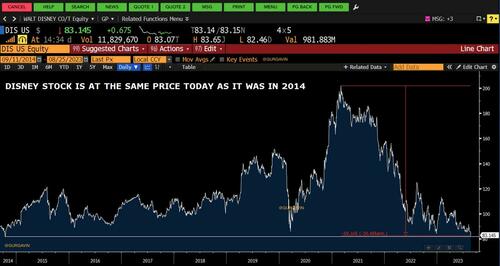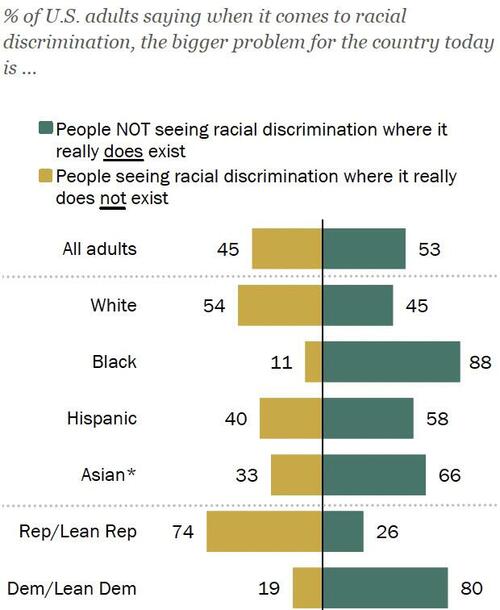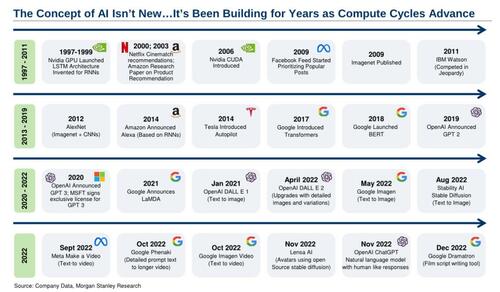Disney Stock Plunges To 9 Year Lows After Multiple Woke Box Office Failures
Maybe attacking the state of Florida and supporting transgender indoctrination in schools was not the best money-making business model?
Disney has been injecting far-left propaganda into its film productions and streaming productions for a number of years, but it was not until their very public attempt to undermine Florida’s Parental Rights In Education Bill that larger audiences started applying more scrutiny to the company and withholding their dollars. In the past, consumers used to let subversive progressive preaching slide, but with the rapid decline in story quality as well as the open hostility shown by companies like Disney towards conservatives, the tide is turning.
Woke leftist messaging would include – Mary Sue stories designed to bolster false feminist premises while denigrating men. Critical Race Theory messaging that attempts to exaggerate and exploit negative race relations. The race swapping of established white characters for the sake of virtue signaling. The erasure of positive romantic stories featuring straight protagonists; showing only LGBT relationships in a positive light. LGBT propaganda aimed at young children. The promotion of trans ideology, often based on anti-science. Sexualized messaging aimed at children. Regularly depicting pro-American and pro-free market characters as the villains. The list goes on…
When it comes to the “culture war” there are a few important questions that have been begging to be answered for the past several years:
1) Is there really a market for woke propaganda in popular media?
2) If so, how much of the population is actually going to spend money to consume that propaganda?
3) If there is no market and the business model is a money losing prospect, then why are so many major corporations abandoning traditional American audiences and pumping out such garbage anyway?
For a long time the public has been told that woke entertainment is the wave of the future and that the majority of Americans want to see such stories more often. They have also been told that anyone who criticizes the social shift in media to the far-left is “probably a bigot or a fascist” and that they should be treated as monsters. Yet, crashing audience numbers and plummeting profits for Hollywood have indicated the opposite (theater audiences have dropped by 50% in the past four years). It is a condition they have sought to hide, but the consequences of bad business practices cannot be denied forever.
Consumer boycotts of woke brands have erupted in 2023, leading to the implosion of companies like Bud Light and the continued sales rot of retailers like Target. Leftists have joked that the public would have to stop shopping almost everywhere just to boycott all the actively woke corporations – Basically admitting that the corporate world they claim to hate is on their side. However, there’s always small businesses, and the boycotts don’t have to target every single woke perpetrator, they only need to make examples out of a handful to send a message.
What’s the message? Leftists are a minority and they are broke bums. There is no market for what they are selling.
Disney has learned this lesson the hard way with a string of major box office failures leading to at least $1 billion in losses this year along with their stock crashing to 9-year lows this week. Disney park attendance is also thinning dramatically with wait times on rides down from 47 minutes to 27 minutes on peak days. The company is now considering selling off assets to stay afloat, with Amazon in talks to purchase a stake in ESPN streaming.
One could also blame the growing cancer of “stakeholder capitalism,” a notion developed by the World Economic Forum which argues that corporations must engage in social engineering rather than being concerned with making money. Without ample ESG funding to backstop the losses these companies have to fund their agitprop from their own coffers, and now we are seeing the inevitable results.
Tyler Durden
Mon, 08/28/2023 – 06:55
via ZeroHedge News https://ift.tt/1fzGEL4 Tyler Durden








